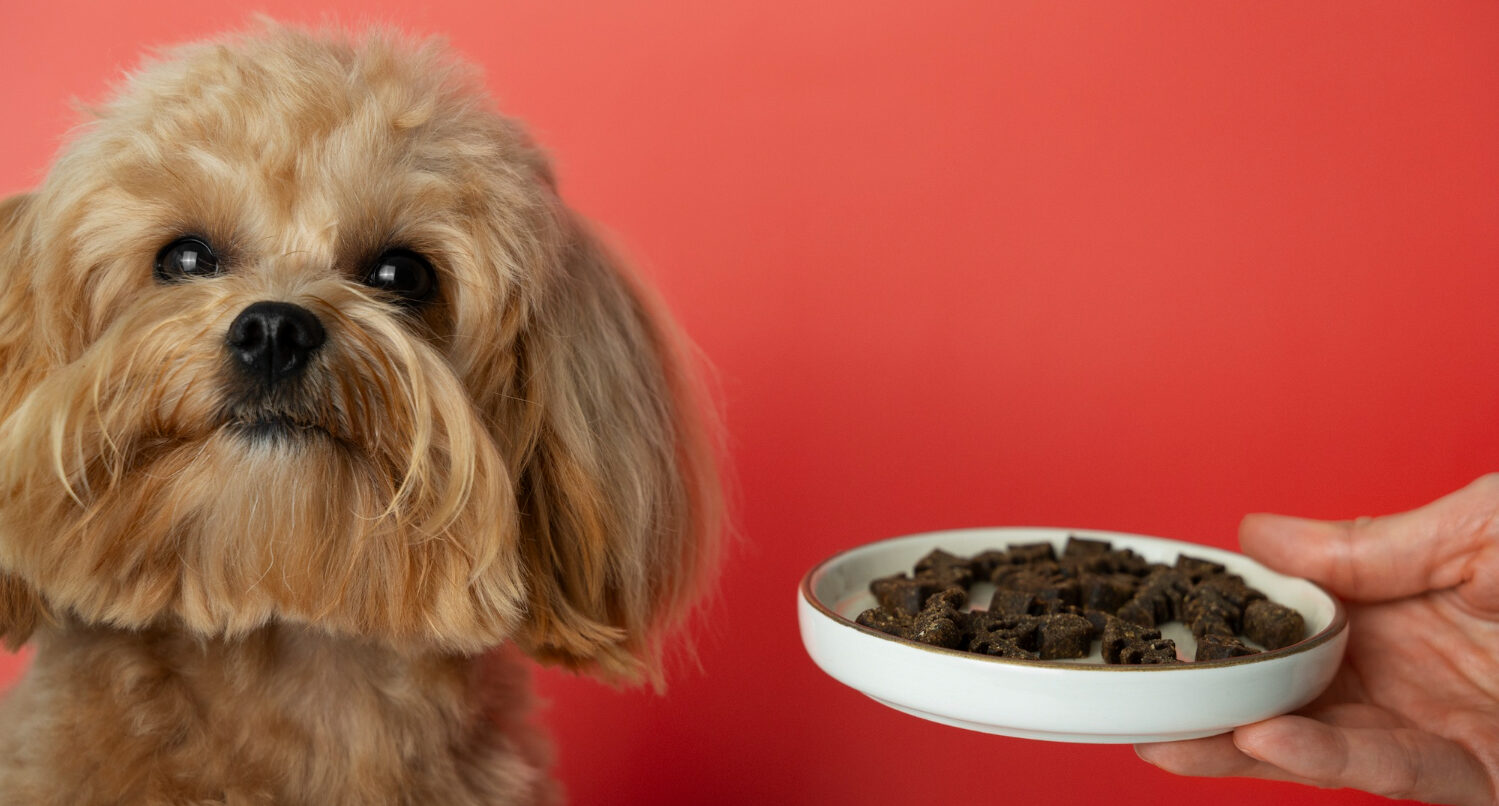
Have you ever found yourself pondering over the peculiar possibility of rats indulging in your dog’s kibble when you’re not around? It’s a thought that might cross your mind, especially if you share your living space with both furry friends. Let’s embark on a journey to explore this intriguing topic further, diving into the question of whether rats do indeed have a penchant for dog food and what implications this might have for the health and safety of your beloved pets.
The Intriguing Habits of Rats: A Closer Look
Rats, renowned for their adaptability and scavenging prowess, are highly versatile creatures when it comes to their dietary preferences. While their natural diet primarily consists of grains, fruits, and vegetables, their opportunistic nature often leads them to explore alternative food sources. This includes raiding pet food bowls left unattended in homes and other environments where dogs are present.
Risks Associated with Rats Feeding on Dog Food
- Contamination Concerns: One of the primary risks associated with rats consuming dog food is the potential for contamination. Rats carry various bacteria and parasites, and their droppings, urine, and fur can easily transfer these harmful pathogens to the food. This poses significant health hazards for both pets and humans who come into contact with contaminated food.
- Nutritional Imbalances: Dog food is meticulously formulated to meet the specific dietary requirements of canines, providing essential nutrients such as protein, vitamins, and minerals in carefully calibrated proportions. If rats consume a substantial portion of this food, it can disrupt the nutritional balance of your dog’s diet, potentially leading to deficiencies or imbalances in key nutrients.
- Pest Proliferation: Rats are attracted to readily available food sources, and if they discover a steady supply of dog food in your home, they’re likely to return repeatedly. This not only increases the risk of rodent infestations but also creates an environment conducive to the proliferation of other pests, further complicating pest control efforts.
Expert Insights: What Do Pest Control Professionals Say?
To gain a deeper understanding of this phenomenon and its implications, we turned to pest control experts for their insights.
According to John Smith, a seasoned pest control technician with over two decades of experience, “Rats are opportunistic feeders, and they won’t hesitate to consume dog food if it’s accessible to them. This underscores the importance of proper food storage and hygiene practices in households with pets.”
Smith further emphasizes the significance of proactive measures in preventing rodent infestations, stating, “By storing pet food securely in airtight containers and maintaining cleanliness in feeding areas, pet owners can significantly reduce the risk of rats and other pests accessing their pets’ food.”
Practical Solutions to Mitigate the Risk
Given the potential risks associated with rats feeding on dog food, it’s crucial to implement practical solutions to mitigate this threat effectively. Here are some actionable steps you can take:
- Secure Food Storage: Store dog food in tightly sealed containers made of metal or thick plastic to prevent rodents from accessing it. This not only keeps the food fresh but also deters rats from reaching their desired meal.
- Regular Cleaning Regimen: Establish a routine for cleaning your pet’s feeding area, ensuring that any spilled food or crumbs are promptly removed. This reduces the likelihood of attracting rodents and helps maintain a hygienic environment for your pets.
- Scheduled Feeding Times: Instead of leaving food out all day, establish specific feeding times for your dog and remove any uneaten food after each meal. This minimizes the opportunity for rats to feast on leftover food and helps regulate your pet’s dietary intake.
- Natural Deterrents: Consider using natural deterrents such as peppermint oil or vinegar around your home to discourage rodents from entering. Additionally, placing mothballs or cotton balls soaked in these substances near potential entry points can help repel rats effectively.
In Conclusion: Striking a Balance for a Healthy Home Environment
While the prospect of rats devouring your dog’s food may seem unsettling, taking proactive measures can help mitigate this risk and maintain a healthy home environment for both your pets and your family. By implementing proper food storage practices, adhering to a regular cleaning regimen, and seeking advice from pest control professionals, you can safeguard your home against unwanted rodent intrusions and ensure the well-being of your beloved furry companions. So, the next time you replenish your dog’s bowl, rest assured that it’s reserved exclusively for their enjoyment, free from the prying paws of unwelcome guests.

